JPAC Regular Session 12-03 and Workshop – Reducing Ecosystem Vulnerability, Responding to Community Needs: Tools and Information for North American Action
Merida, Yucatan, Mexico
Fiesta Americana Mérida
Paseo de Montejo 451,
colonia Centro, 97000
Mexico
13 and 14 December, 2012
Public
North America’s ecosystems are under enormous stress—from a changing climate, the pollution emitted into the air and water, and the overconsumption of natural resources. This stress has already made many of our ecosystems vulnerable to irreversible change, with direct impacts on the human communities that depend on those ecosystems.
This workshop will take a close look at what makes ecosystems and our communities vulnerable to a changing environment, and where in North America the threats to them are most extreme. Participants will gain hands-on experience with a range of new tools for assessing vulnerability, mapping environmental changes and stressors, and improving the health of vulnerable human communities.
Working with North American experts and members of the CEC’s Joint Public Advisory Committee, they will also identify actions for individuals, communities and governments to improve these tools and their dissemination, especially for the rural and indigenous communities most affected by environmental change.
- Record of Discussion – Regular Session No. 12-03 — Reducing Ecosystem Vulnerability, Responding to Community Needs: Tools and Information for North American Action
- Advice to Council 13-01 — Outputs from JPAC Workshops in New Orleans (July 2012) and Mérida (December 2012) on Fostering Resilient Communities and Reducing Ecosystem Vulnerability in North America
Agenda
Thursday, 13 December 2012
Salón Yucatán 1
Registration of Participants
Opening and introductory remarks
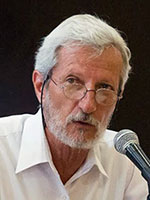
Eduardo Batllori Sampedro
Secretary of Urban Development and Environment of the State of Yucatán

Irasema Coronado
Executive Director, Commission for Environmental Cooperation (CEC)
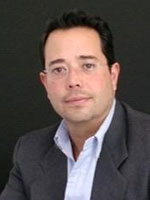
Martín Gutiérrez Lacayo
JPAC Chair for 2012
Presentation of objectives, methodology and participants
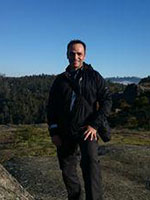
Francisco Padrón Gil
Director, IMAC
Keynote presentation

Elizabeth Smith
Associate National Program Director, Sustainable and Healthy Communities Research Program, US EPA
Download Presentation
Question and answer period
Presentations: The impact of increased ecosystem vulnerability on the livelihoods and health of communities in North America
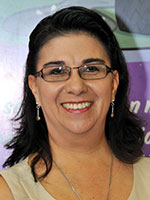
Evelia Rivera Arriaga
Secretary of Environment and Sustainable Development of the State of Campeche

Chief Carl Sidney
Chief Executive Officer of the Teslin Tlingit Council Yukon
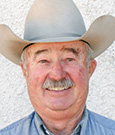
Albert W. Miller
Commissioner, Jeff Davis County
Break
Dialog between panelists and public on their perceptions of increased ecosystem vulnerability on the livelihoods and health of communities in North America
Salones Yucatán 3 & 4
Lunch [provided]
Presentation: Framework for capacity building to improve the health of vulnerable communities in North America
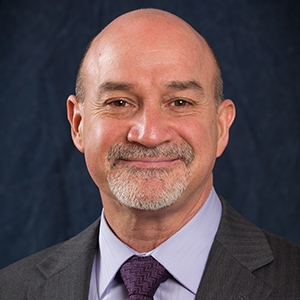
Orlando Cabrera
CEC Program Manager, Air Quality and PRTR
Download Presentation
Question and answer period
Group work to generate feedback on the framework document
- What are the opportunities and the most effective ways to distribute the Framework document to all of North America?
- What are the potential applications (tools, guides, etc.) of the Framework?
- What tools are needed to reduce human vulnerability to chemical pollution?
- What are the challenges that tool developers may face with the creation of these tools?
Break
Group exercise: Tools to map and identify vulnerable systems (natural and human) and to estimate future change
Group work:
- Geographic areas undergoing large amounts of change
- Factors generating change
- Factors that can already be measured and factors for which data are needed
- Different ways to integrate stressors and conditions
- Ways to visualize possible future conditions

Karen Richardson
Program Manager, Terrestrial and Marine Ecosystems
Download Presentation
Wrap-up by Francisco Padrón Gil
Wrap-up by Francisco Padrón Gil
Group work: The main objective of the session will be to develop proposals for actions, to strengthen the ability of North Americans to identify vulnerable ecosystems and human communities, including an assessment of access to current information and needs to improve access. Proposals to include actions for individuals and for local and federal governments.
Break
Submission of proposals for action, by rapporteurs and facilitator
Conclusions, by facilitator and JPAC Chair
Report by representatives of the national and governmental advisory committees (NAC and GAC)
Update on JPAC work and administrative matters
- Election of JPAC Chair for 2013
- JPAC priorities for 2013 and next meetings
Closing
Salones Yucatán 3 & 4
Lunch [provided]